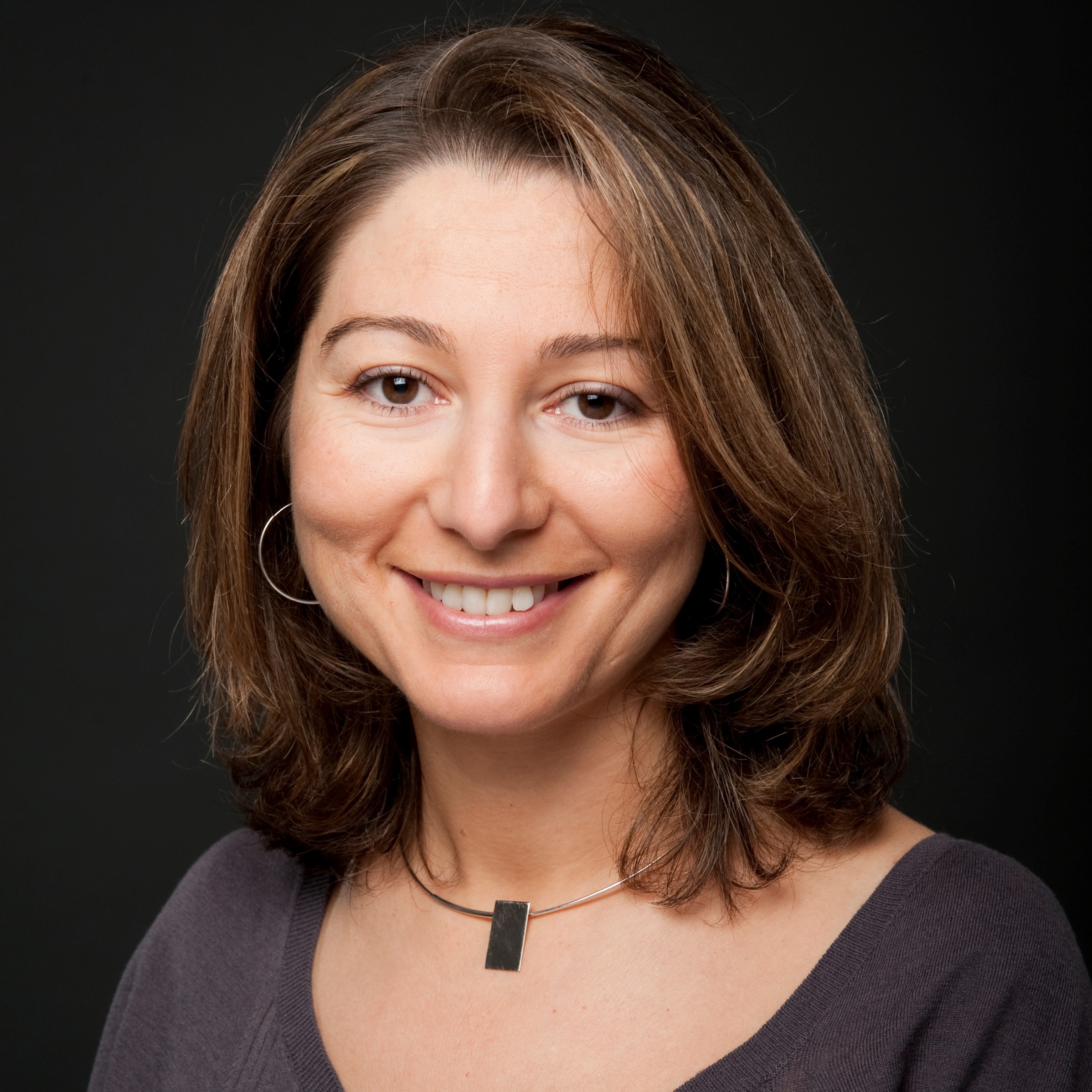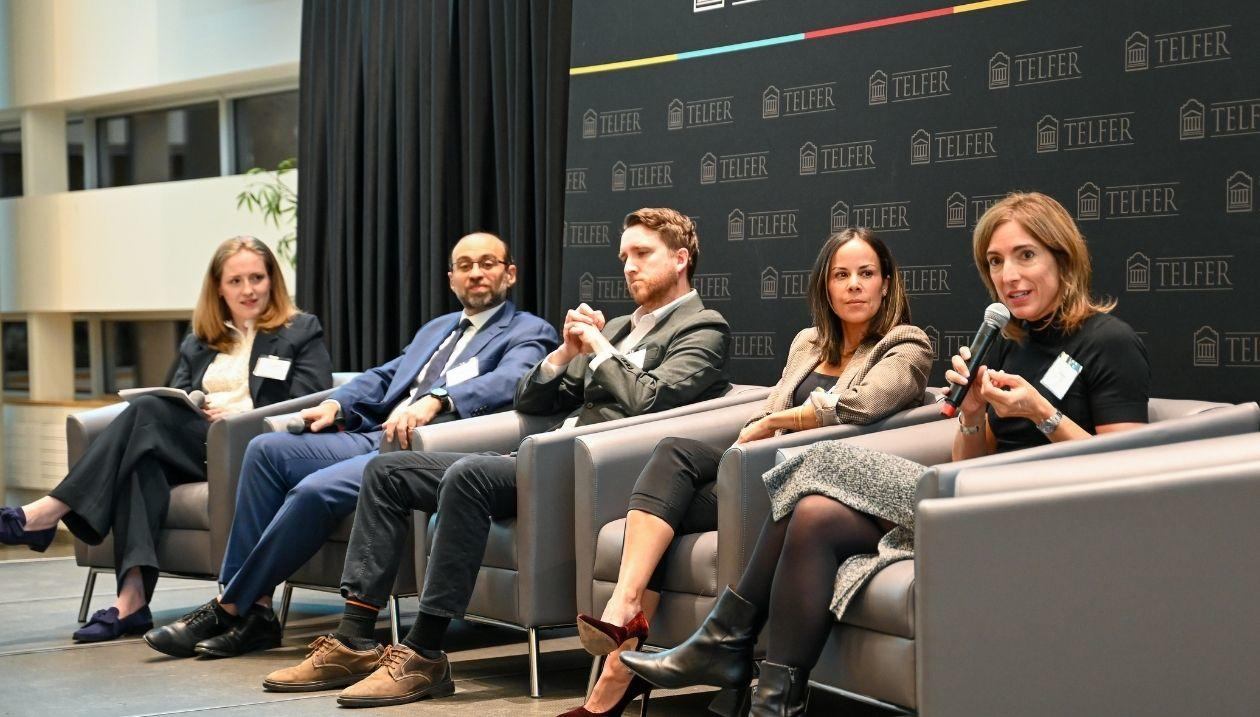Imperfect information in complex analytics
The health care industry depends a great deal on decision-making analytics for planning, management, clinical-decision making, and improving service. In any complex decision-making process that has to consider several factors, there can be flaws in the processing of information. This poses a challenge for healthcare professionals who need to interpret the analysis and make important decisions while having to consider all possible outcomes. These professionals can benefit from robust decision-making tools, which can offer an invaluable solution to various decision-making challenges in the health care sector.
What’s the research about?

Associate Professor Sarah Ben Amor from the Telfer School of Management extends her previous analytics work to develop robust decision-making tools that can benefit the health care industry. She hopes to produce a cloud-based software, a robust-decision making tool that can support health professionals in analyzing complex information. She has received a Discovery Grant from the Natural Sciences and Engineering Research Council of Canada (NSERC).
Who will gain from this research?
The potential benefit from an online tool for robust-decision making is limitless. Ben Amor’s work could improve a range of real-world decision problems in healthcare, including the ranking of hospitals, sorting drugs for reimbursement applications, and clustering therapy pathways for oncology treatments. Moreover, a cloud-based tool can benefit many researchers and professionals, beyond the health care industry, like risk assessment, innovation, and sustainable development.
The Telfer School of Management is committed to developing cutting-edge research in a variety of topics in management. As our faculty continues fostering research excellence, the Telfer School community and partners also benefit from valuable insights with impact. Over the next days, we will give an overview of the three research projects that received the prestigious NSERC Discovery grant in 2019.











